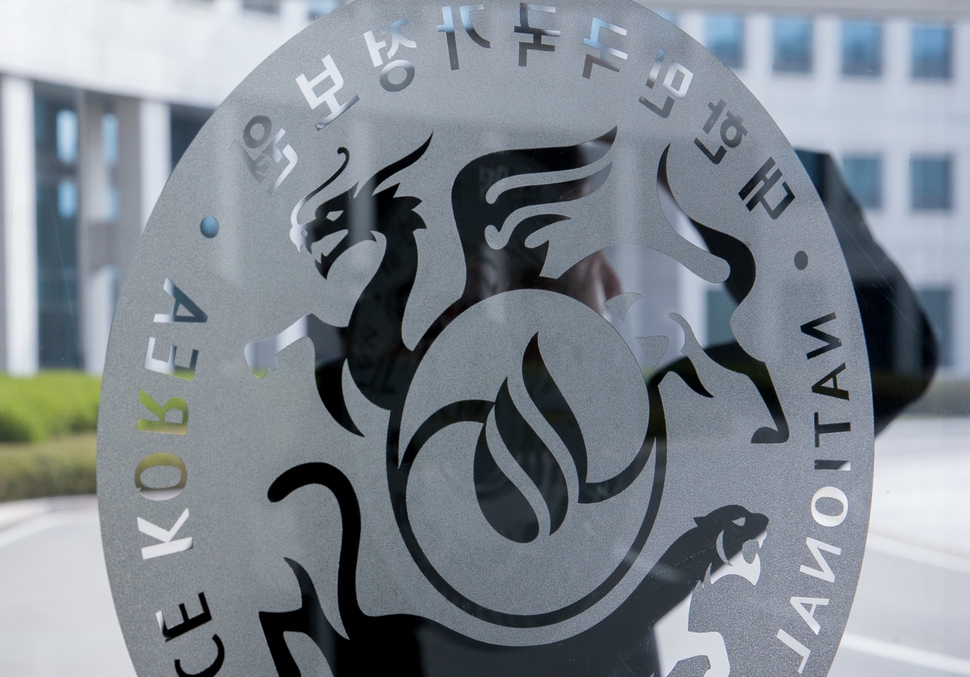 |
|
The National Intelligence Service (NIS)
|
Denial follows previous refusal to release information for reasons of “national security”
Eight months after deciding not to release information related to civilian massacres during the Vietnam War for reasons of “national security,” South Korea’s National Intelligence Service (NIS) has done an about-face and now claims that the information in question does not even exist. The NIS attributed this to “a mistake based on a misunderstanding” by the official responsible for the matter. This came up in a freedom of information lawsuit that an attorney named Im Jae-seong filed against the NIS. In Aug. 2017, Im asked the NIS to release a list of documents drafted by the Korean Central Intelligence Agency (KCIA), a forerunner of the NIS, after an investigation it conducted around Nov. 1969 about three soldiers who reportedly participated in the massacre at the villages of Phong Nhi and Phong Nhat in Quang Nam Province, Vietnam. Im and other lawyers who belong to MINBYUN-Lawyers for a Democratic Society are preparing a lawsuit demanding that the state pay reparations to victims of the massacres in Vietnam. The NIS responded to Im’s request by immediately refusing to disclose that information. The reason it provided was that, while there was a list of documents from the investigation, it would not be appropriate to disclose that list because it was related to national security. But on Apr. 27, the NIS submitted an opinion to the court stating that no such list of documents even exists. The NIS explained that the official responsible for the matter had misunderstood the information being requested as being not a list of documents but the documents themselves. But experts find this explanation dubious, in light of legislation about freedom of information requests. The Official Information Disclosure Act states that public institutions must compose lists about the documents they store and manage. Failing to create or maintain a list of extant documents would run contrary to the spirit of the law, experts say. Some critics think that the NIS is attempting to prevent the disclosure of documents related to the Vietnam massacres. In this view, the NIS may have denied the existence of the document list because of its fear that the court would order that the list be disclosed. If the list is made public, there is a greater likelihood of the individual documents on that list being made public as well. The standard procedure in a freedom of information request is to first acquire the list of documents and then to request specific documents that appear on that list. Others are saying that change is needed at the NIS, which has long been reluctant to release information and regularly justifies its reluctance on the grounds of “national security” and “diplomatic relations.” In the opinion it submitted to the court, the NIS argued that “the Vietnamese government was concerned that making a public issue of the civilian massacres could provoke conflict among the people of Vietnam.” “I’m trying to confirm whether or not a government agency in South Korea investigated [civilian massacres] fifty years ago. I fail to see how that could be directly connected with internal issues in Vietnam or with diplomatic affairs,” Im said. By Hyun So-eun, staff reporter Please direct comments or questions to [english@hani.co.kr]






